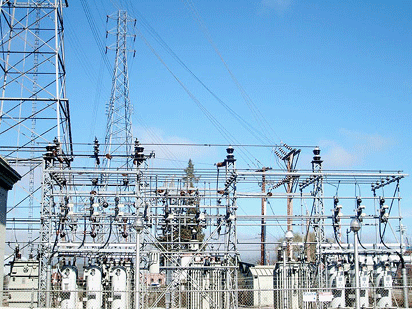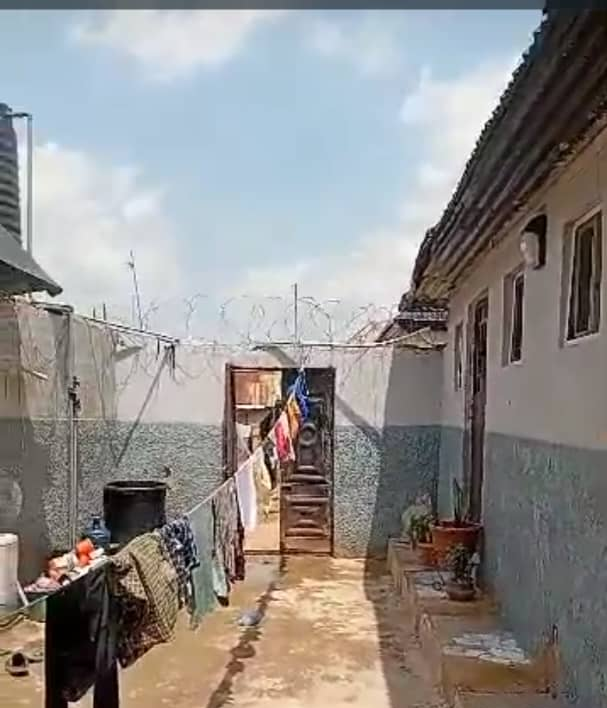Electricity Supply Cut to Bwari Area Council: AEDC Faces Backlash Amid Disruptions to Key Federal Institutions
Abuja, Nigeria – The Abuja Electricity Distribution Company (AEDC) is grappling with potential repercussions after abruptly shutting down electricity supply to the Bwari Area Council, one of the most expansive and strategically important regions in the Federal Capital Territory (FCT), Abuja.
The disruption has left residents, businesses, and major government agencies in the dark, raising concerns about service reliability and economic impacts.
Bwari Area Council, often referred to as the “gateway to Abuja,” encompasses a vast territory that includes bustling neighborhoods such as Kubwa, Dutse, Gwarinpa, Sokale, Ushafa, Bwari, Jiigo, Pambara, and Usma Dam, among others.
As one of the largest council areas in the FCT, it serves as a hub for residential, commercial, and governmental activities, supporting a population of hundreds of thousands.
The area is home to critical federal institutions, including the headquarters of the Joint Admissions and Matriculations Board (JAMB) and the Nigerian Law School, both of which play pivotal roles in the nation’s education sector.
The blackout, which began earlier this week, stems from unresolved disputes between AEDC and the Bwari Area Council authorities, reportedly over unpaid bills and infrastructure maintenance issues.
According to sources familiar with the matter, AEDC issued multiple warnings before enforcing the shutdown, citing financial strains and the need to ensure sustainable operations. However, the move has sparked widespread discontent among residents and stakeholders.
In a statement released yesterday, AEDC defended the action as a “necessary measure to address longstanding debts and protect the company’s viability.” The company emphasized that such disconnections are standard procedures for non-payment, but acknowledged the inconvenience caused. “We regret any disruption to essential services, but we must prioritize the stability of our network for the benefit of all customers,” the statement read.
The impact on Bwari’s residents and institutions has been immediate and severe. JAMB, which handles university entrance examinations for millions of Nigerian students, reported operational challenges, with staff resorting to generators and alternative power sources to maintain services.
Similarly, the Nigerian Law School, a key training ground for legal professionals, has had to adjust schedules, potentially delaying academic activities. Local businesses in areas like Kubwa and Gwarinpa, already struggling with Nigeria’s broader power supply woes, have faced additional losses due to spoiled goods and halted operations.
Community leaders and residents have voiced strong criticism, accusing AEDC of insensitivity to the area’s socio-economic importance. “Bwari isn’t just any council; it’s the backbone of Abuja’s administrative and educational framework.
Shutting off power without adequate notice is unacceptable,” said Alhaji Musa Ibrahim, a community representative in Bwari. Social media has been flooded with complaints, with hashtags like #LightUpBwari trending as users demand swift intervention from regulatory bodies such as the Nigerian Electricity Regulatory Commission (NERC).
This incident highlights ongoing challenges in Nigeria’s power sector, where frequent outages and debt disputes between distribution companies and consumers remain rampant. AEDC, which serves a significant portion of the FCT and surrounding regions, has been under scrutiny for years over service delivery and billing accuracy.
The shutdown could exacerbate the company’s public relations woes, potentially leading to regulatory fines, customer attrition, or even legal challenges from affected parties.
As of now, negotiations are underway between AEDC and Bwari Area Council officials to resolve the impasse. Sources indicate that partial restoration of power might occur once payment agreements are reached, but full normalization could take days.
The FCT Administration has called for dialogue, urging all parties to prioritize public welfare amid the ongoing energy crisis.
This event serves as a stark reminder of the vulnerabilities in Nigeria’s electricity infrastructure and the need for comprehensive reforms to ensure reliable power supply to critical areas.
Residents and stakeholders in Bwari are hopeful for a quick resolution, but the incident underscores the broader implications for economic stability and public trust in utility providers.




